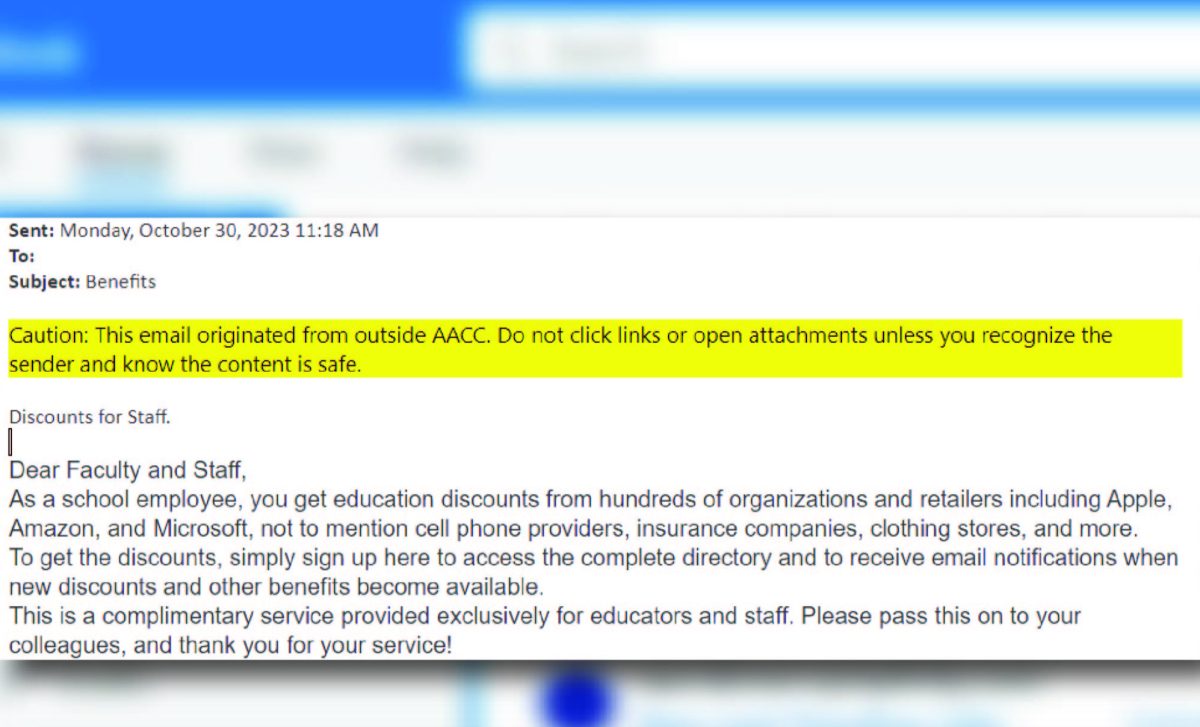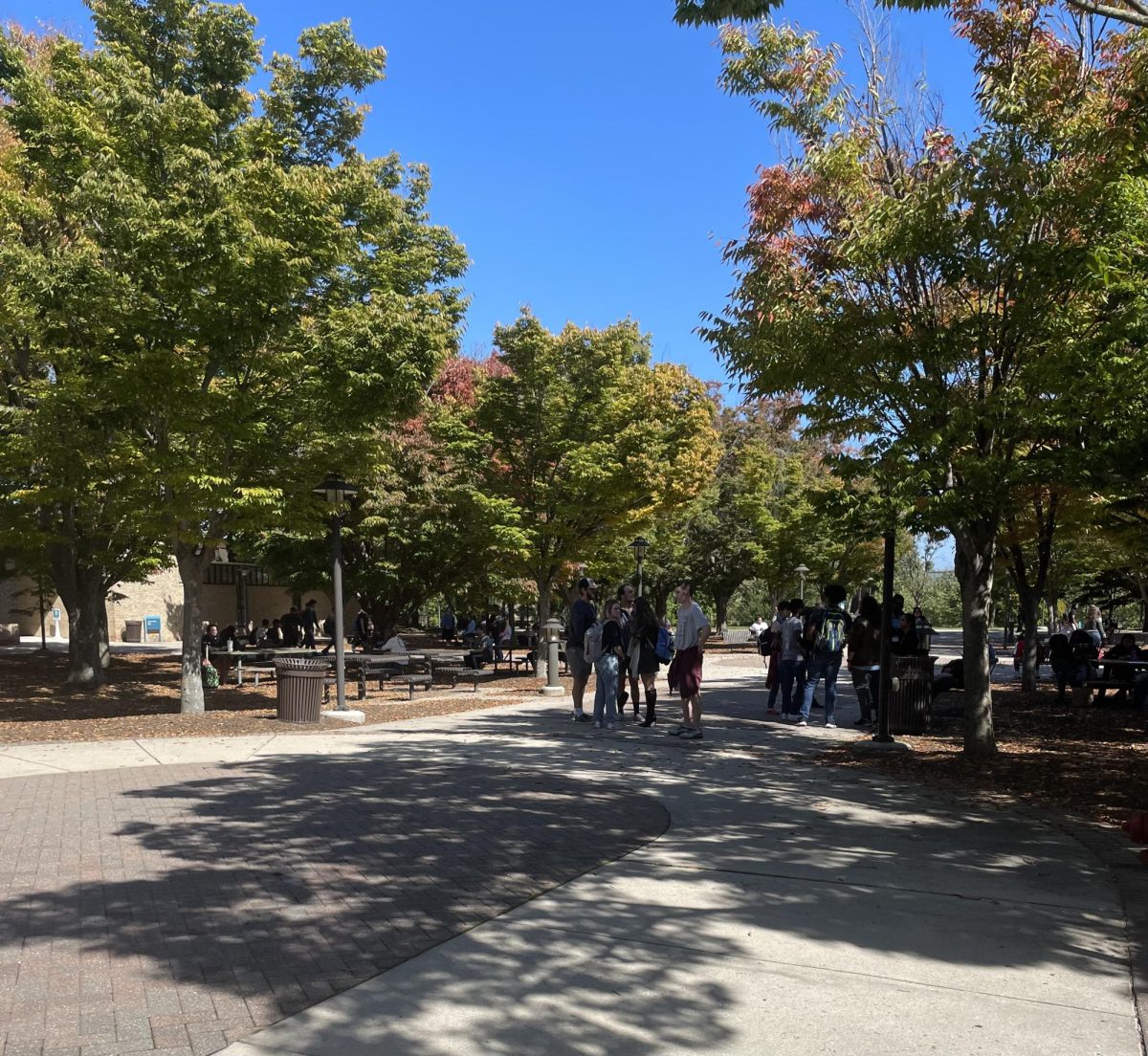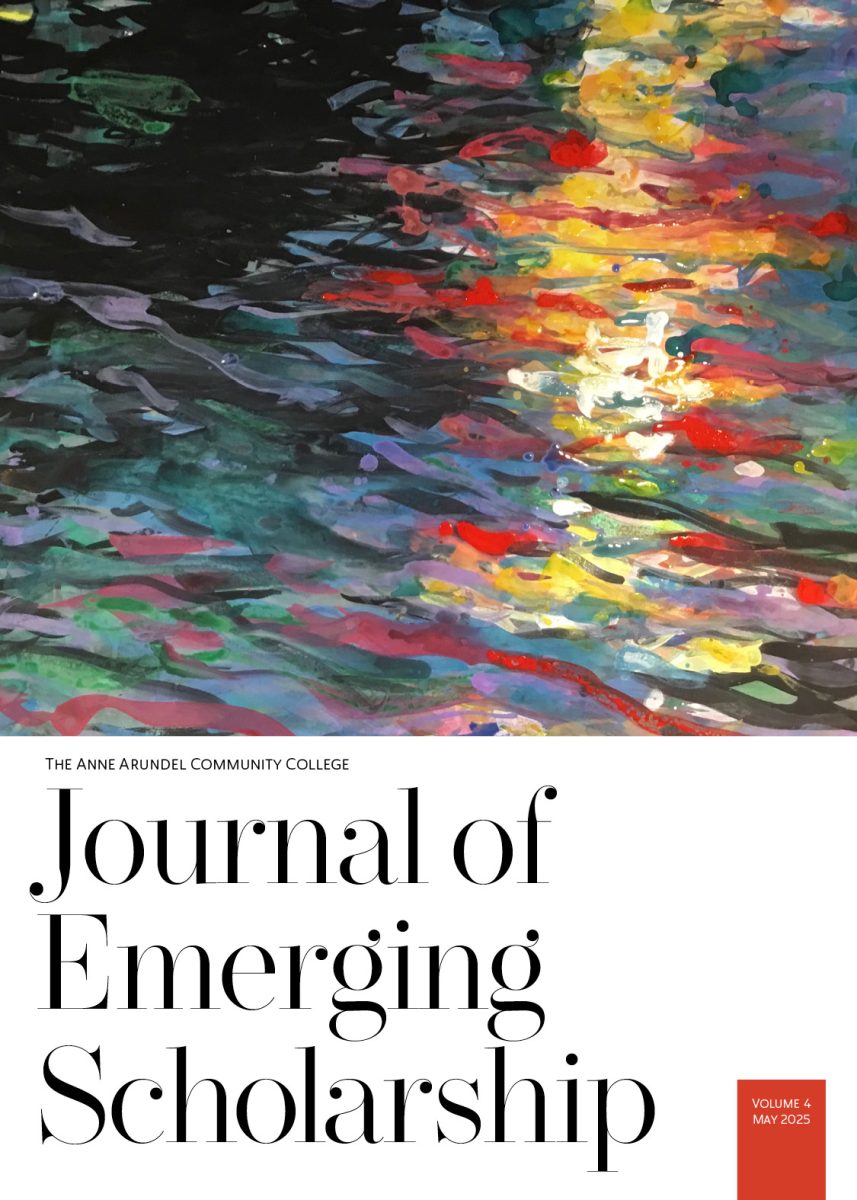Hackers and cybercriminals are targeting AACC students and faculty with spam emails through their school accounts.
According to AACC’s Vice President for Information and Instructional Technology Richard Kralevich, cybercriminals target students with phishing attacks, gift card schemes, spam and message volume.
“Institutions of higher education are … targets for bad actors,” Kralevich said. “People … have all sorts of nefarious reasons for sending us [spam emails].”
AACC blocks “tens of thousands” of spam emails every month, according to Kralevich.
“It’s still kind of an imprecise science,” Kralevich said. “If we dial our spam filter up too much, we run the risk of blocking legitimate emails and if we dial it too low, you’ll get more spam through.”
Kralevich said spam mail has been around for “hundreds of years.”
“Before there was ever electronic spam, people were receiving paper-based and mail-based … spam all the time,” Kralevich said. “It was just a different format.”
In an email to the campus community, Kralevich said, “We are seeing a notable uptick in spam emails targeting our community.”
First-year engineering student Alex Marx said he receives spam emails “multiple times a week.”
“They’re always like, ‘Oh, do you want a chance to win $100?’” Marx said. “They’re an annoyance … I just … ignore them.”
Connor Boetig, a second-year cybersecurity student, said he received a fraudulent email that tried to convince him to change his password.
“I was impressed by how real it looked,” Boetig said. “I’m sure they had a lot of people resetting their passwords.”
Mea Lee, an Andrew G. Truxal library reference technician, said she has experienced several kinds of phishing emails and spam.
“Use your logical mind or use your wit,” Lee said. “If it doesn’t add up, it’s probably not real.”















